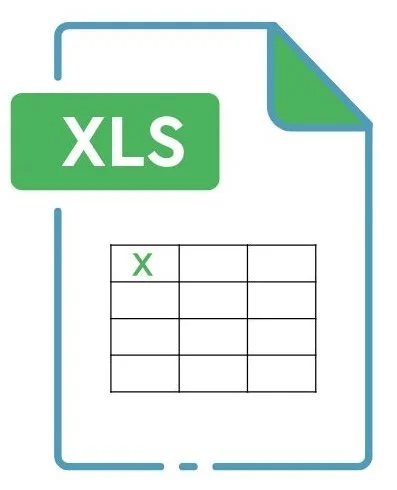Financial & Legal Issues
In the midst of everything that needs your attention throughout your divorce, getting control of your finances, in particular your monthly budget, should be a high priority! On average, women who get divorced end up with a 27% decrease in their life style; that’s nearly a third!
Nobody really wants to create a budget. There is a lot of fear, for a variety of reasons, around truly knowing where you stand with your money. For many it’s scary. They know that they are running in the red without actually having enough money for the month but are somehow managing on “float,” which isn’t real. One day float will catch with them and they will start sinking.
When you create a budget and know where you stand, you gain the knowledge and power to have control over your finances. If you find that you aren’t living within your means, you will at least know by how much you are in the red. Then you have the information that you need to make better financial choices and decisions, including deciding if you need an additional income stream.
You can take this process one step at a time.
Start this step as soon as possible, even before you know if you will be receiving any child or spousal support. You can update your budget when you know. Consider requiring that all support payment be automatically deposited into your bank account so that you have the reassurance that the money will be in your account when you need it.
1. Make a list of all income sources and ongoing expenses. For each expense identify the frequency of payment (monthly, bi-monthly, quarterly, bi-annually, annually). Start monitoring just your income and monthly expenses.
2. Go line by line through your bank and credit card statements identifying all expenditures that are not on you income source and monthly expenses lists and categorize them.
3. Reassess your monthly expenses now and do this annually.
Assess whether or not refinancing a mortgage is beneficial depending on the current mortgage interest rates.
Contact an insurance broker (see Tools that Help) to reevaluate your insurance (home, auto, umbrella, life). They will provide some comparisons and do not charge you.
Your electric/gas bill varies monthly so you might want to consider paying a monthly-averaged amount to prevent your monthly expenses from varying unexpectedly.
Contact your internet, cable and phone companies to find out what promotions they are currently running. Companies lure you into their service with specials and then don’t offer them to existing customers. If you call, you can often get a reduced price through a special promotion.
Reevaluate your streaming services. Now many services are offering multiple packages that include other services for less cost than purchasing both separately. Additionally, some cell providers are offering free versions of streaming services, allowing you to pay only the additional cost if you want to upgrade to ad-free packages. For example, T-Mobile offers Netflix, Hulu and Apple TV with some of its packages. Also, it may be possible for a friend of family member to add you to their streaming service for an additional fee.
Consider cost cutting strategies. Trader Joe’s is less expensive because they cut out the middle man in the grocery supply chain. If you can buy bigger quantities, Costco generally has high quality meats for a reasonable price.
Create plan to address any outstanding debt!
In my case, it took a full year for me to create my budget in a spreadsheet and reduce any expenses and get it working as smoothly as possible, with the exception of those expected “surprises.” I chose to create an excel spreadsheet but there are several budgeting apps available, including the Dave Ramsey app Every Dollar. You can follow both Dave Ramsey (@daveramsey) and Jade Warshaw (@jadewarshaw) on Instagram on other social media.
As a in addition to budgeting, once the divorce is legal it is important to cancel all accounts that were jointly held with your ex-spouse such as credit cards, memberships (Costco, gym) and bank and investment accounts. You will open new accounts in your name only. If you are keeping anything that was jointly titled with your ex-spouse, you will have to retitle those items (property, cars, recreational vehicles) in your name only.
Although it might not seem financially related, you will need to address estate planning. Life changing events often affect the content of your estate planning. If you had a plan that contains a joint or marital trust, you need to have an individual trust create. The last thing most want is for any of your assets to be transferred to your ex-spouse upon our death. Check out the Services tab for a work shop on Understand Estate Planning.
Another legal consideration is when negotiating your settlement agreement and determining which parent will provide health insurance for children, consider specifying that it is the parent with the best insurance options so that it is not tied to a particular parent in case that parent loses their job. Also be as specific as possible about what expenses you are and are not willing to cover such as car insurance and college tuition, etc.






